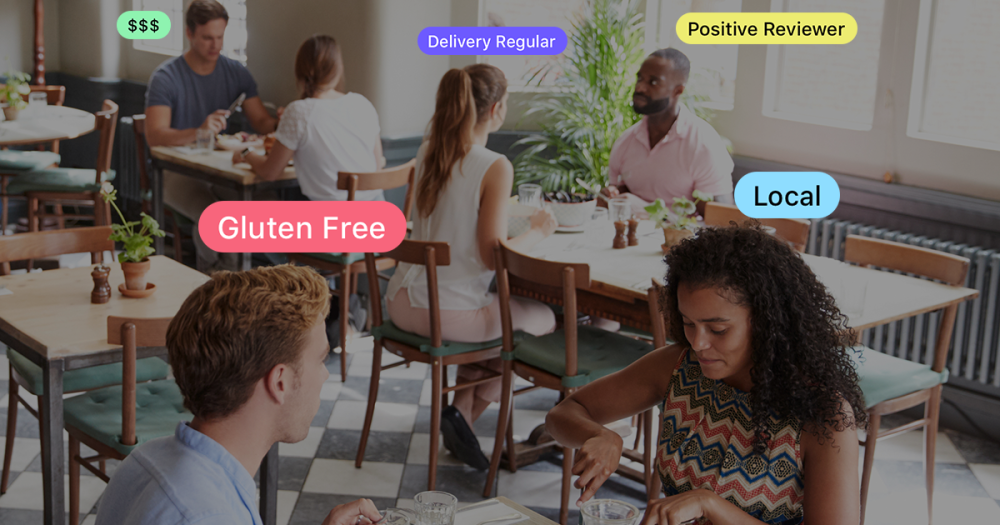Few industries were harder hit by the pandemic than hospitality. But with restrictions easing and domestic and international borders reopened, there is reason for optimism as the industry transitions from survive to thrive.
The pandemic has accelerated many trends, and chief among them — particularly for hospitality venues eager to stand out from the competition — is data. Data is what helps take the guesswork out of running a hospitality business, providing operators with real-time insights that tells them exactly what their guests want and need, whether they’re ordering online or dining in.
Here are a few ways that hospitality venues can turn data into their secret ingredient in post-pandemic hospitality.
Build deeper relationships
Owning and utilising guest data is essential for businesses in many industries today. Just as Spotify and Amazon use data to provide hyper-personalised experiences for their customers, technology, like SevenRooms, allows hospitality venues to do the same. When guests interact with your brand directly rather than through a third-party, your business can access a goldmine of approved data.
Whether a guest is dining in or ordering takeaway, by collecting relevant data, venues can paint a detailed picture of each customer – from their favourite dishes, to their allergies, how often they order and even whether they have a favourite table when they dine in. In fact, according to a SevenRooms study, 43 per cent of Aussies would willingly share their personal information if it meant they’d receive an enhanced customer experience. Through SevenRooms’ guest experience and retention platform, operators can collect more than 100 different data points on every guest, helping them bring exceptional experiences to life.
For example, data can tell you not to offer oysters to Guest A with shellfish allergy, that Guest B is a positive reviewer, and that Guest C orders frequently online but is dining in for the first time. Through this data, venues can target guests directly with personalised experiences that incentivise loyalty and boost revenue. After all, when guests feel like their favourite restaurants understand them on a meaningful level, rather than a one-size-fits-all approach, their loyalty increases.

Drive operational efficiencies
For hospitality operators, time is money. The longer a venue spends on mundane manual tasks, the less time it can spend driving the exceptional experiences guests demand. Through data, operators can automate these tasks. For example, with approved guest data, venues can segment their customers based on common traits and preferences on SevenRooms. They can then use targeted marketing to provide these groups with tailored offers and communications, resulting in more dollars to a restaurant’s bottom line.
Technology, and the data it collects, can also help alleviate the industry’s biggest challenge today: staff shortages. Technology like SevenRooms helps operators do more with less. For example, QR codes allow customers to order food and beverages directly from their table, eliminating the need for more front-of-house staff. Online reservation and waitlist management removes a manual process, and historic data can help identify trends such as the busiest days and times of the week so operators can resource staff accordingly.
Australia is known globally as the home of world-leading restaurants, bars, cafes and hotels. These businesses have innovated to survive over the last two years, and through data, they can innovate to thrive in the coming years. As our proud, innovative and adaptable industry continues to evolve, venues that fail to embrace data-driven technology aren’t standing still, they’re moving backwards. So let data power the next era of your hospitality revolution.
For more information on how the SevenRooms platform can help you bring exceptional experiences to life through data, please visit www.sevenrooms.com.au.



